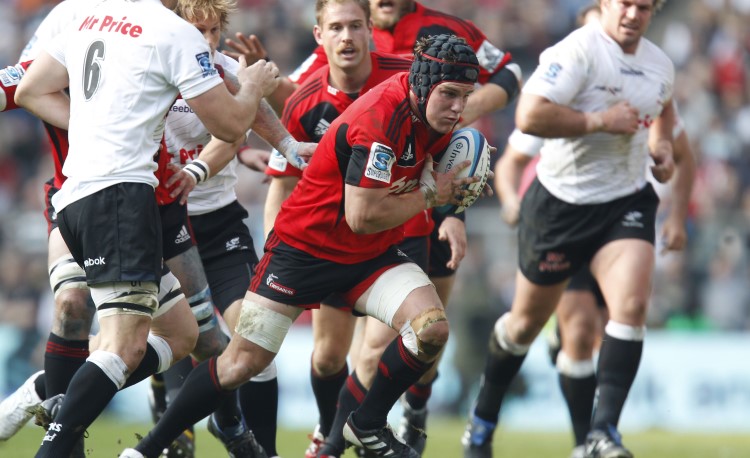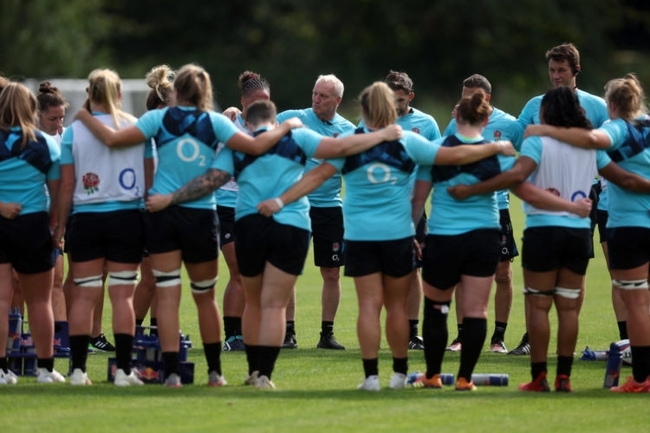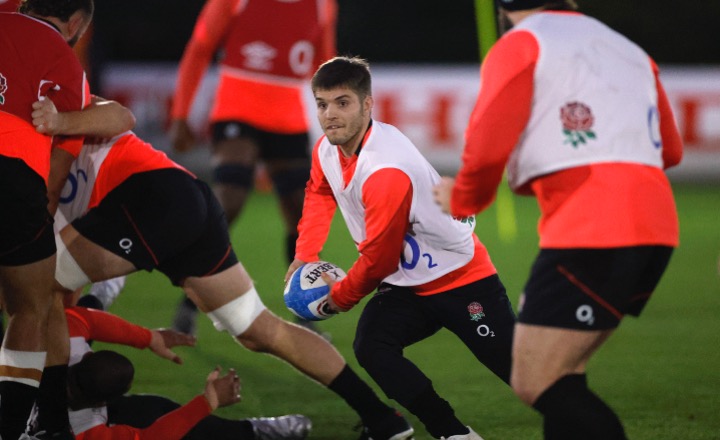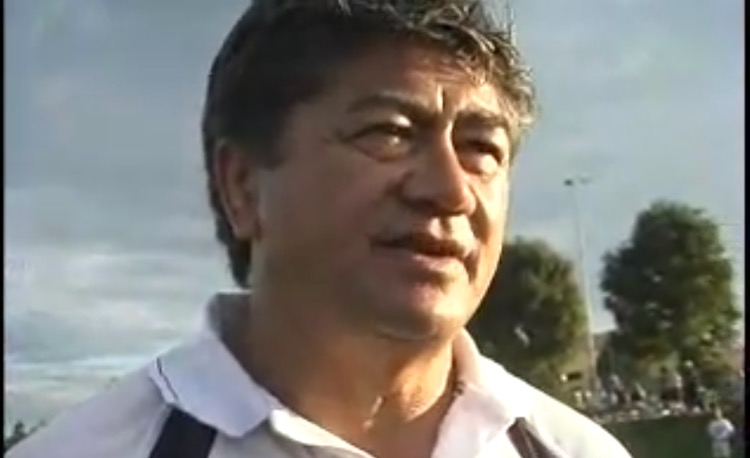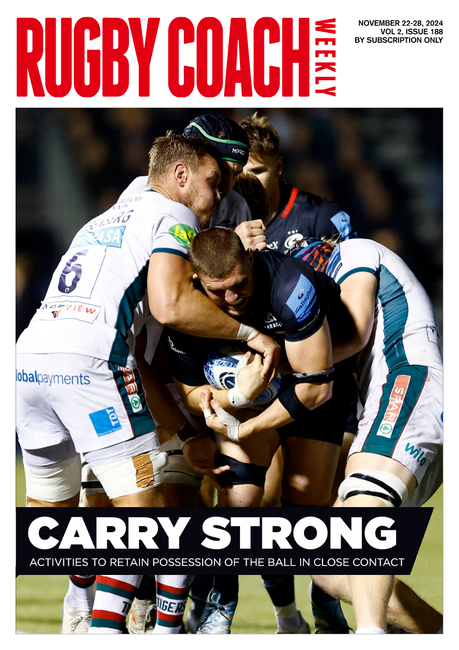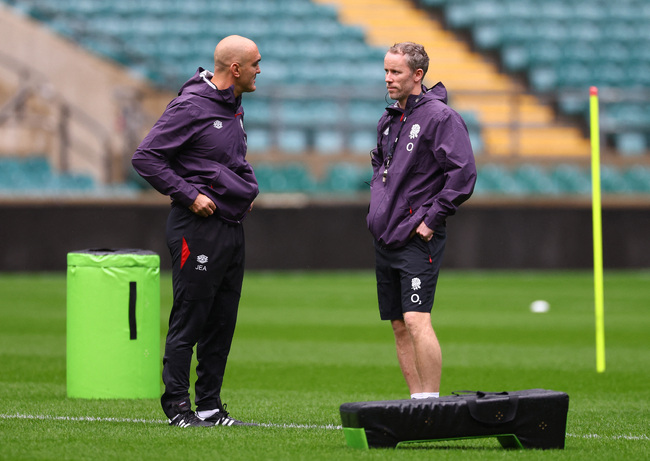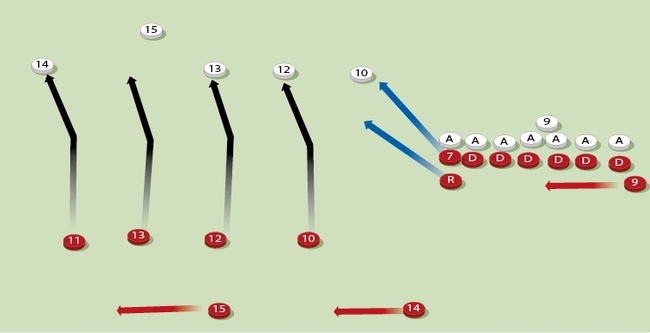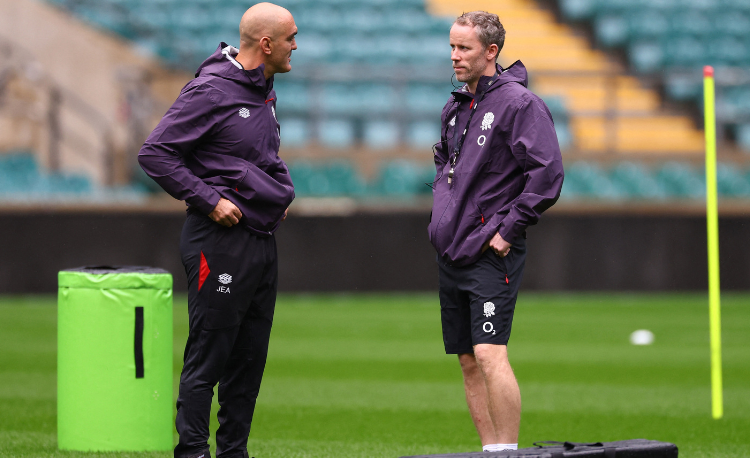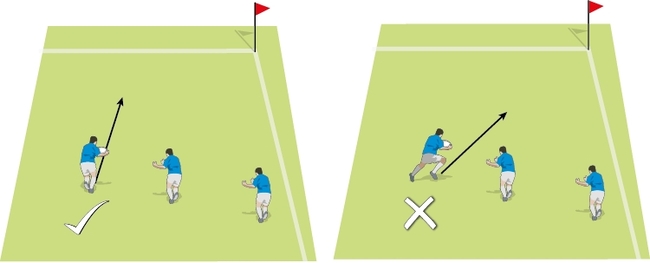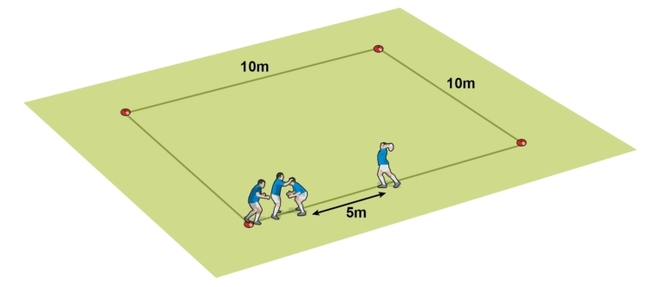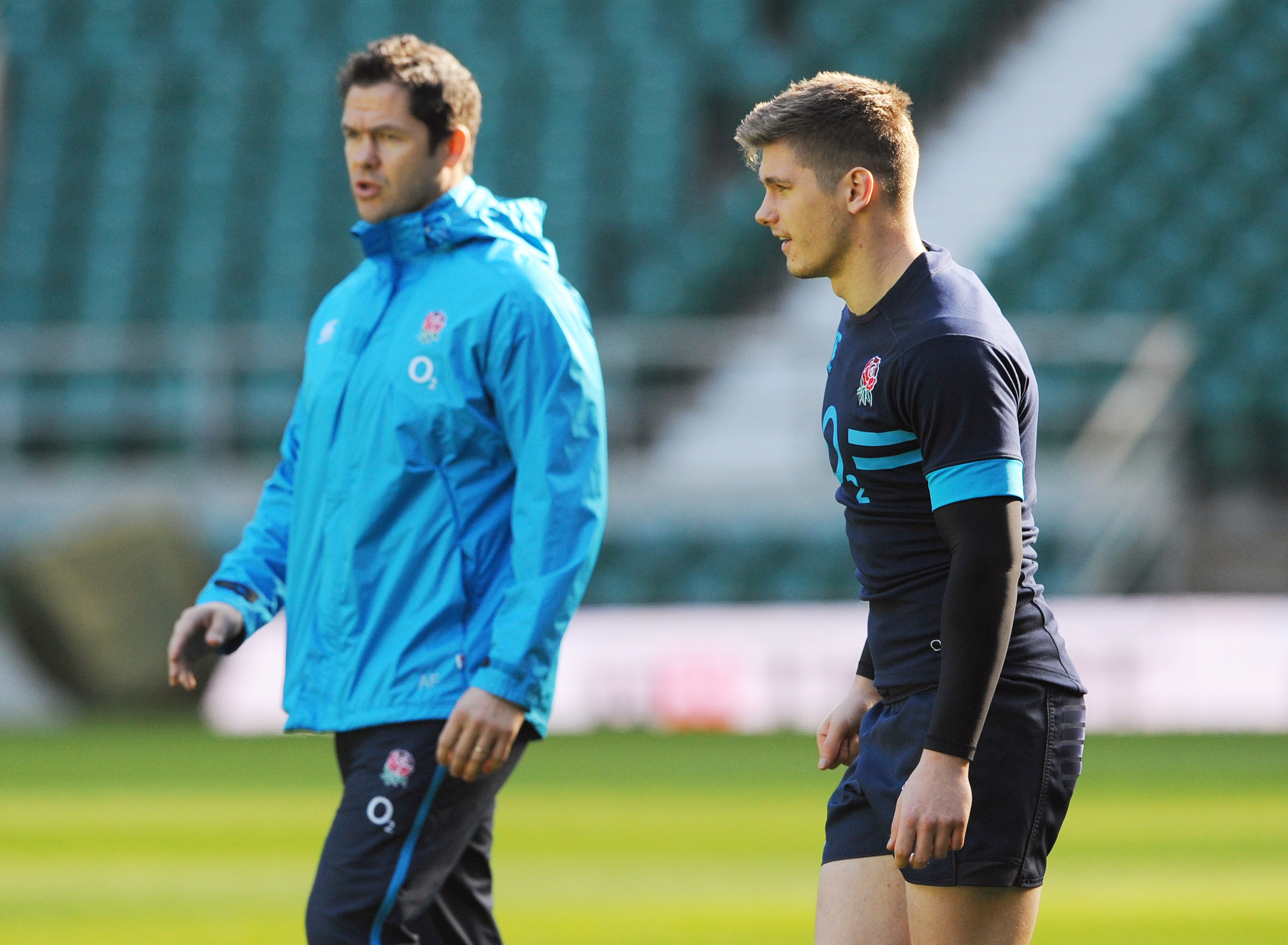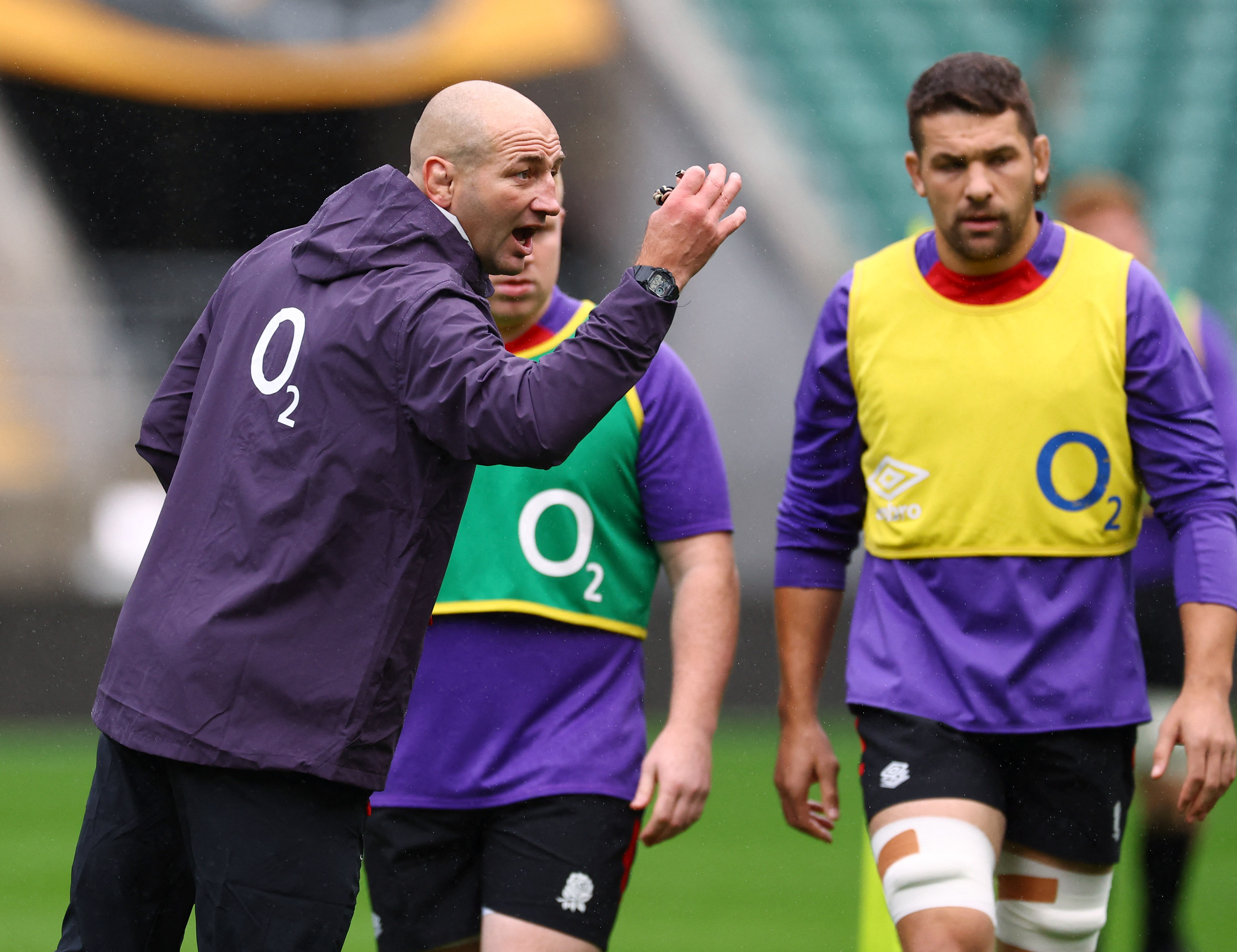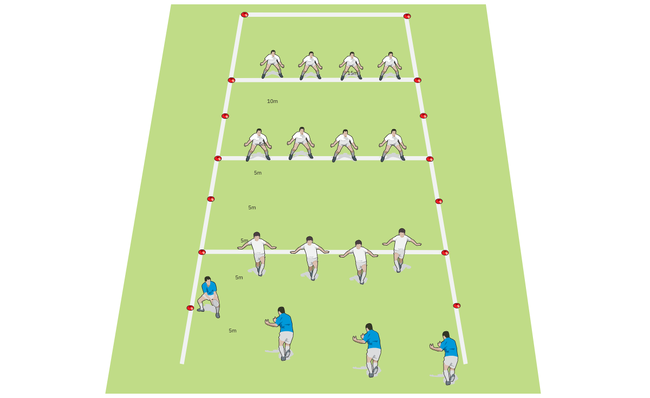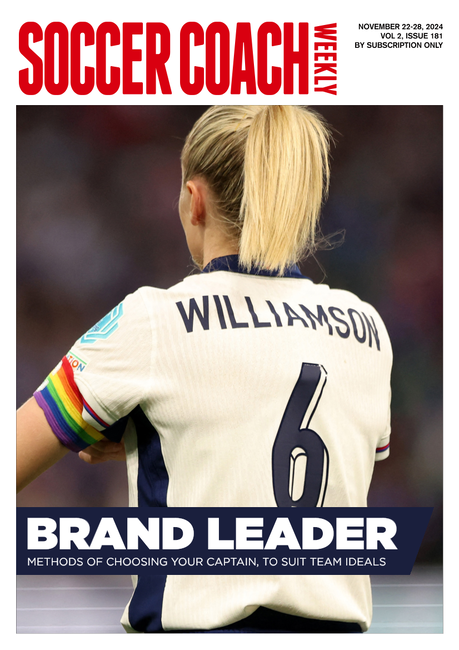Honest conversations
Former All Black MATT TODD, now an assistant coach with Super Rugby team the Crusaders, discusses how to build genuine connections with your players.
The key source of new learning is connecting with others.
This is true not just in rugby, but in many different environments, be it in sport or business – because coaching is about leading.
The connections are often informal; little more than just chats. From those conversations, I might glean one little piece of gold, such as how they connect with others in their leadership group, implement a certain strategy or manage relationships.
This has helped me manage individual communication with large squad numbers. The challenge is to find time outside your normal touchpoints at training. This is particularly hard in a busy, short week with a quick turnaround from game to game.
Finding time to connect
The key takeaways have been finding opportunities that don’t involve sit-down meetings.
To do this, and create many little connections, I need to keep the communication pathways open and make it easy for players to feel they can have honest feedback from me. Those little connections mean that you don’t get blindsided by stuff.
In other words, you are aware of potential problems that might arise, both personally and in the rugby environment. Then, you can start to find ways to help you be prepared to deal with any difficulties or solve them before they become too big.
Honest feedback needs to be authentic. You must work hard to be authentic. You can do this effectively if you are more self-aware.
That comes from connecting with your coaching group. They can sense when you need to focus on different areas or when you are spending too much time in the office and missing opportunities.
They will see when you are too focused on small gains and miss opportunities for bigger ones.
Critically honest
The better your relationships with individuals, the easier it is to have an honest conversation. It should be an open dialogue, and it should feel comfortable.
Crucially, if the conversation is about the betterment of the team, what the team needs and how we can help the team, the individual will be the best version of themselves.
Because you constantly connect and communicate, it is just another conversation, not a big thing. Yes, this is a slightly more difficult conversation, but it’s not that I haven’t spoken to that player for two or more weeks.
When you first come into this environment, you don’t want to make the process feel forced; nor do you want to say that you’ve managed to speak to everyone by week two.
The players need to feel you are genuinely interested in them, their growth, and their role in the team’s growth.
You are not just listening to their answers because they might be saying something they think will be right. You watch them in their routines. Are they saying they are feeling good but looking tired in the gym or not engaged in the meetings?
While you don’t want to tell them that you are seeing something different, you can help them have plenty of chances to open up and be authentic.
KEY TAKEAWAYS
Build honest connections with players
The challenge is to find time outside your normal busy schedule, so lots of little, informal connections make a difference.
To be authentic, it pays to be self-aware and open to feedback
Your coaching group can help you focus on the bigger gains and not get lost in the smaller ones.
Criticism should focus on how we can improve the team and what the player can do to improve the team
If everyone helps everyone else, it becomes a two-way process.
The intense, two-week, online Crusaders Leadership Programme gives you a crucial insight into how the world’s most successful club team functions, including interviews and live sessions with their top coaching staff. CLICK HERE to find out more and enjoy an exclusive RCW subscriber discount.
Related Files
Newsletter Sign Up
Coaches Testimonials

Gerald Kearney, Downtown Las Vegas Soccer Club

Paul Butler, Florida, USA

Rick Shields, Springboro, USA

Tony Green, Pierrefonds Titans, Quebec, Canada
Subscribe Today
Be a more effective, more successful rugby coach
In a recent survey 89% of subscribers said Rugby Coach Weekly makes them more confident, 91% said Rugby Coach Weekly makes them a more effective coach and 93% said Rugby Coach Weekly makes them more inspired.
Get Weekly Inspiration
All the latest techniques and approaches
Rugby Coach Weekly offers proven and easy to use rugby drills, coaching sessions, practice plans, small-sided games, warm-ups, training tips and advice.
We've been at the cutting edge of rugby coaching since we launched in 2005, creating resources for the grassroots youth coach, following best practice from around the world and insights from the professional game.
